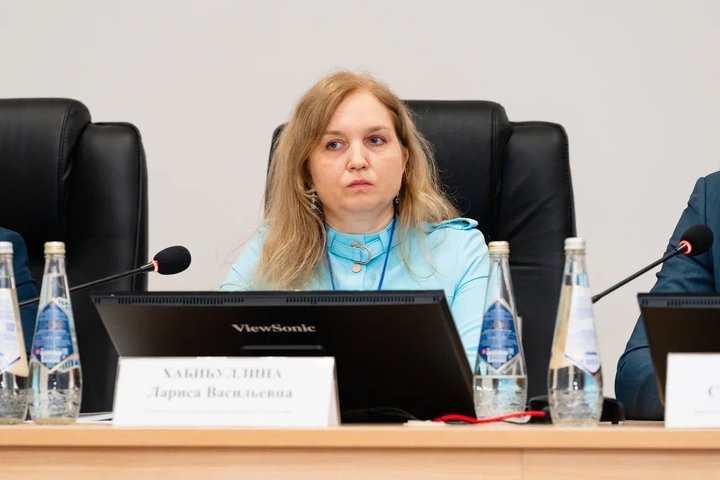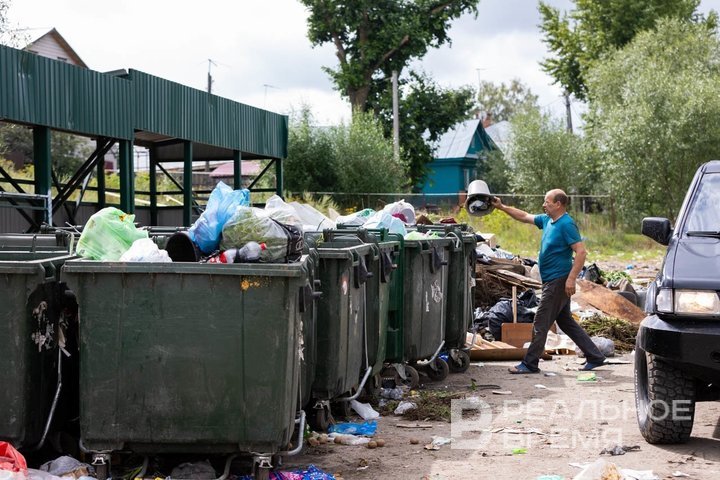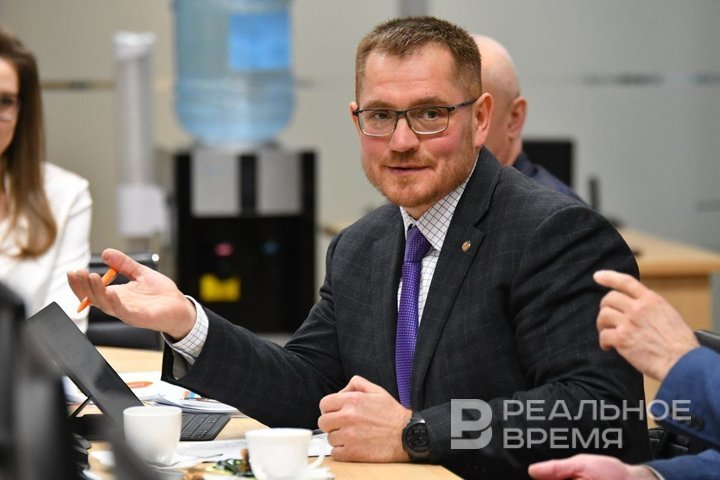‘Waste’ tariff in Tatarstan sent for reboot
Due to the closure of landfills, the republic asks to increase the cost of waste delivery to transfer stations in the tariff

“The main issue is waste transportation, which has not been resolved since 2019. Through its own efforts, the regulator reduced these costs in the tariff from 72 to 60%, but the problem is growing again,” First Deputy Chairman of the Tatarstan State Committee for Tariffs Larisa Khabibullina pointed out the Achilles heel in the solid waste management system. The problem was discussed during the 6th Municipal Solid Waste: Legislation and Practice scientific conference where anti-crisis proposals were again prepared for the federal headquarters for solid waste management problems that is created. Tatarstan asks to increase the tariff for waste delivery to transfer stations, as well as to extend the moratorium on VAT.
“Reform never ends”
Transformations in the waste reform are carried out almost every month, but few of the regions of Russia can boast of ideal cleanliness. Overfilled landfills, irregular waste removal and a shortage of containers remain unresolved issues. As soon as Tatarstan closed its own headquarters after five years of work, an initiative was voiced at the federal level to create a federal headquarters for the problems of municipal solid waste (MSW).
Deputy Director of the Department of State Policy and Regulation in Waste Management of Production and Consumption of the Ministry of Environment of Russia Boris Frantsuzov reported that the headquarters with the participation of the regions will hold its first meeting this fall in order to prepare for new changes in the activities of regional operators. “This headquarters should work constantly until the last issue is resolved. Until we can declare that the waste reform has been carried out successfully,” the Federation Council said earlier.

What are they changing? Firstly, the regions are adjusting their territorial solid municipal waste management schemes. For example, in Tatarstan, due to the closure of landfills in municipal districts, they are starting to build inter-municipal transfer stations where waste from adjacent districts will be transported. This year, they will be introduced in the South-East — in Agryz, Aktanysh and Novosheshminsk that will change the logistics of removal.
Secondly, the Ministry of Environment of the Russian Federation is preparing a rating of regions indicating planned targets for 2030. Thirdly, the industry is seeking an extension of the moratorium on the payment of VAT on the services of regional operators, which has been in effect since 2019. “Reform never ends, because there is always law enforcement practice, there is room for improvement,” said Boris Frantsuzov.
Will the tariff increase?
However, the adjustment of the garbage disposal scheme in Tatarstan may lead to a change in the waste tariff, which requires approval from the Federal Anti-Monopoly Service of the Russian Federation. The dilemma is that the costs of transporting waste to transfer stations can be included in the tariff if they do not lead to an increase in costs. But in the “Tatarstan version” it is impossible to get “zero pressure” on the tariff — the costs of waste delivery will inevitably increase. The amount is not specified.

“Previously, each of the 45 districts had its own landfill. Today, they are closed as planned, and the waste will be taken to other cities. It is not profitable to deliver in small vehicles. The territorial scheme provides for the creation of waste transfer stations, from where MSW will be taken by huge vehicles to inter-municipal landfills. But the methodology does not provide for these costs in the expenses of the regional operator. In our version, there is no savings on this,” complained Larisa Khabibullina.
Deputy Executive Director of Clean Country Association Boris Prokopyev went even further, suggesting that waste from individual housing construction be taken out less often than every day. According to him, driving a car for one cubic meter is economically unreasonable. What decision will be made will be known later during the tariff campaign.
State Housing Inspectorate: residents are happy with the reform
Meanwhile, head of the State Housing Inspectorate of the Republic of Tatarstan Alexander Tygin noted that citizens began to complain less about regional operators. According to him, in the first half of the year, 11,300 requests were received from them, of which only 60 requests were about MSW. For comparison, in the first half of last year there were 8,502 requests, of which 442 were about MSW. 60 requests about MSW, 42 requests were from residents of the private sector (70%) and 18 from residents of apartment buildings (30%). “As the analysis showed, the bulk of requests (more than 90%) were about the unsatisfactory performance of the regional operator for handling MSW, servicing the Western zone,” noted Alexander Tygin.

Regional operators are required to provide consumers with municipal services for solid municipal waste management in the volumes required by them and of the proper quality in accordance with the requirements of the law, experts said.
Waste will be tracked in an online system
Finally, another innovation is expected from 1 January 2026. Regions will be required to enter up-to-date data into the state solid municipal waste information system.
According to head of the Department of Standard-Setting Activities for a comprehensive solid municipal waste management system Margarita Pospelova, the new system is designed to make the industry as transparent as possible, which will allow making informed decisions on tariff regulation in the future. The information system is configured to track the movement of garbage trucks and record unloading. However, when creating it, the developers encountered the fact that there is no weighing system at the landfills, she noted. The carrier receives payment for the volume of solid municipal waste removed, and this method of calculation is not transparent.
“There are discrepancies between the data on waste disposal and that brought from garbage trucks,” she said. “If there are no scales, then it is difficult to control.”